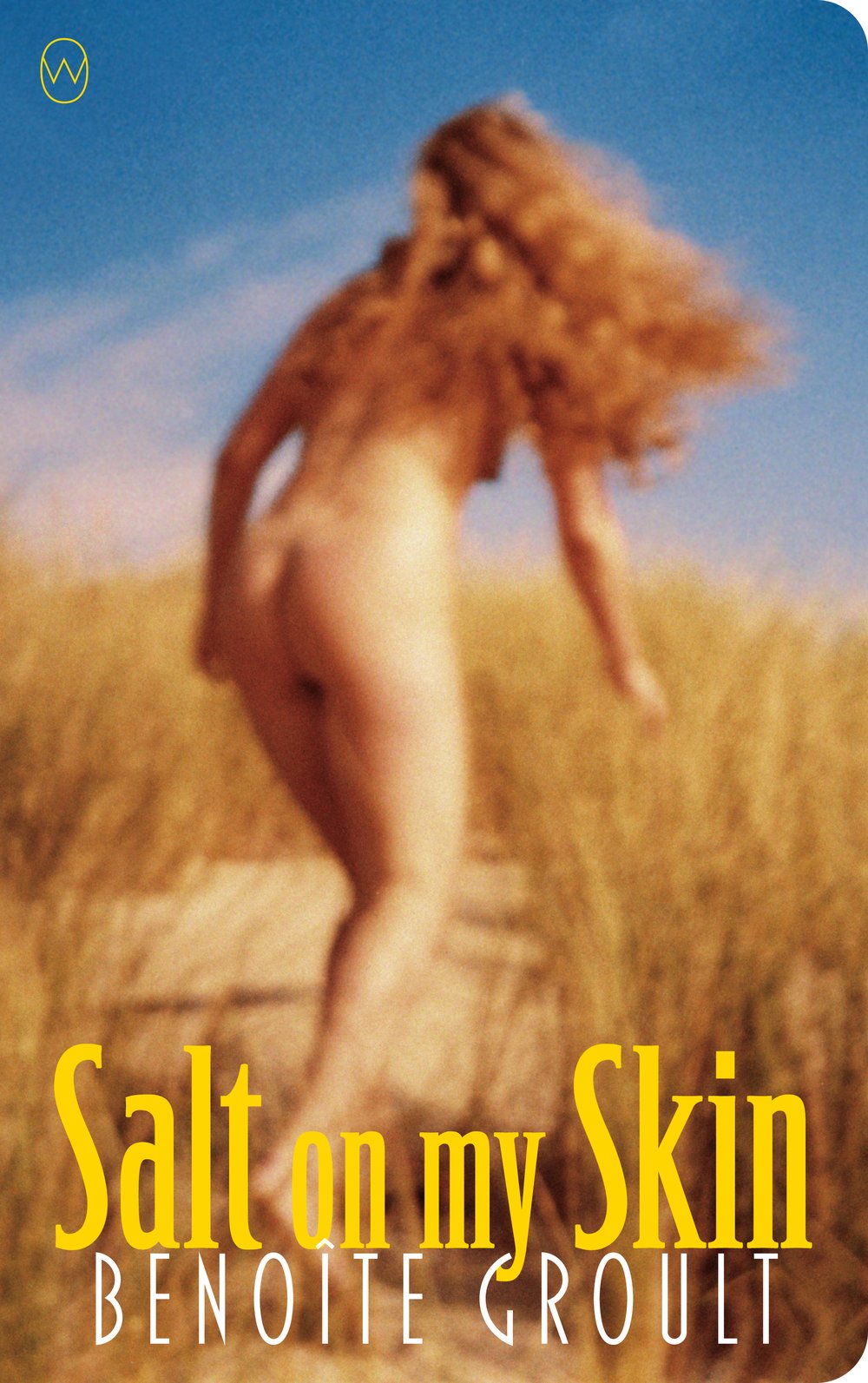Salt on my Skin

Salt on My Skin is widely regarded as Groult's most pioneering, best-loved book.
This highly-charged novel follows the passionate relationship between mismatched lovers: a Parisian intellectual and a Breton fisherman, brought together by lust. Through love-letters and exotic encounters around the world, their life-long affair evolves — liberating them from the restrictions and disappointments dealt by real life.
Set in France in the 1960s, it explores the touching dynamics of the couple's relationship, and whether their raw desire for each other can overcome the wide social divide that separates them. The narrative examines the difficulties of writing frankly about sex and explores the protagonist's conflict between fulfilling her cerebral and sexual needs. Is she dominant, or subservient?
'A leading French feminist and writer, Groult drew wide attention with this sexually daring novel.' — The New York Times

By her own account, Benoîte Groult was a late bloomer as an author and feminist. She was in her 40s when she first began writing and in her 50s when she embraced feminism. She immediately proved to be a prolific writer and an ardent activist. She wrote Salt on my Skin when she was 65. Married four times, she died in 2016 aged 96.
Mo Teitelbaum, based in London, studied at London University, before abandoning her doctorate to focus on translating, writing, and researching “lost” histories. As well as Salt on my Skin, Teitelbaum has translated work by Jean-Luc Godard and Jean Renoir, and written many articles about strong women—including Madame Binh and Simone de Beauvoir—for the Sunday Times. Her book The Stylemakers is an in-depth study of the iconic French designer, Jean Michel Frank, and Eugenia Errazuriz, the Chilean woman who inspired him. She is currently working on the “lost” history of Tota, Countess Cuevas de Vera, an Argentine feminist.
